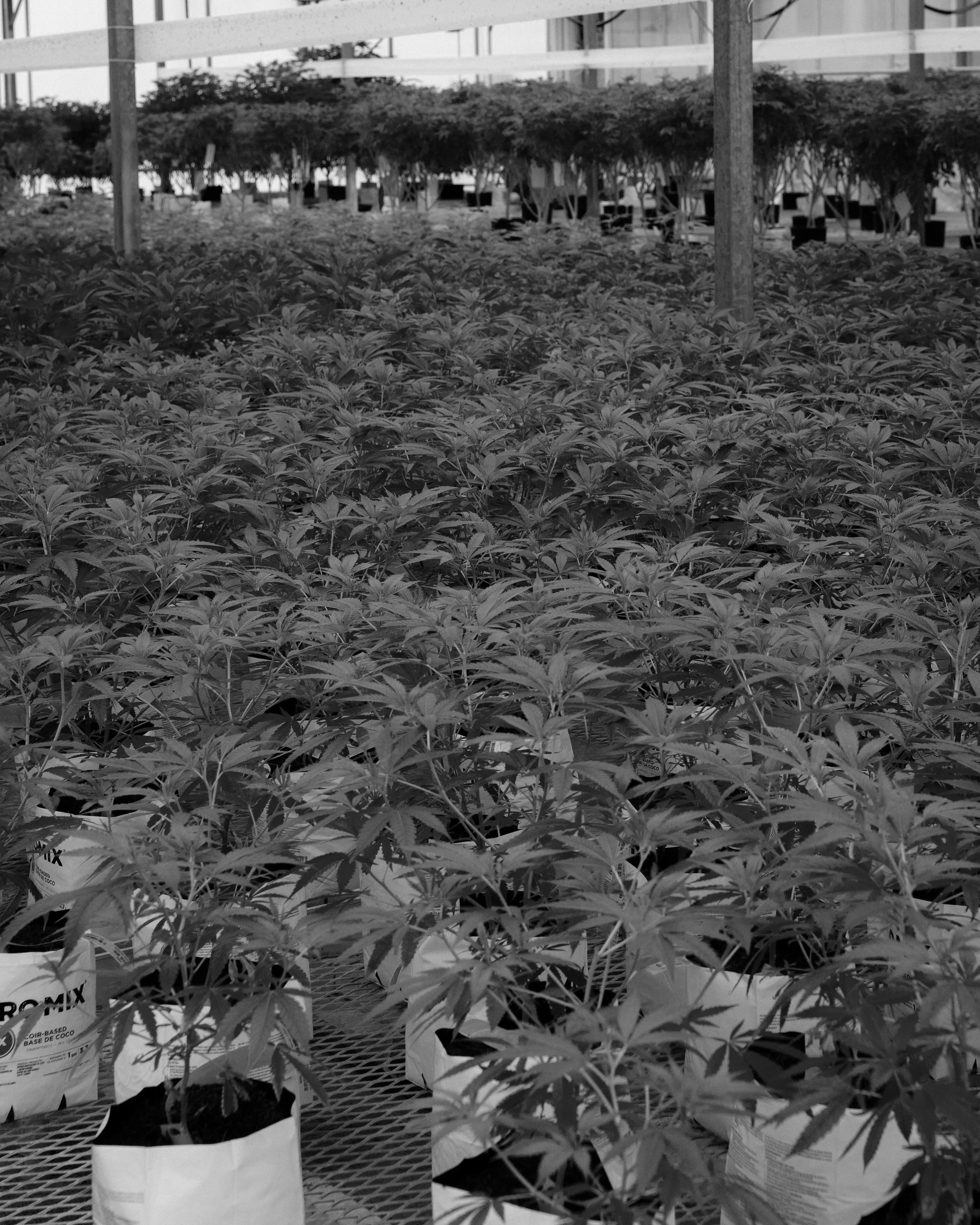
How we got here
We’ve been a proud part of Colorado’s cannabis industry since 2014.
Back then, the excitement was palpable: Colorado was blazing a trail for the nation, promising responsible, regulated marijuana — an industry we could trust.
In those early years, we saw explosive growth firsthand. Retail dispensaries multiplied, cultivations expanded rapidly, and optimism soared. Sales climbed steadily, peaking at over $2 billion in 2021. But beneath that boom, we noticed cracks starting to form.

Witnessing the Market’s Decline
By 2022, the market began shifting dramatically. Sales dropped sharply, down over 40% from the high point. We saw the consequences up close with operators closing their doors, employees losing jobs, and customers increasingly wary about the products they once trusted.
But revenue wasn’t the only casualty. We watched the quality and safety of products on shelves degrade steadily, year by year. Potency claims became unreliable. Contaminants like mold, bacteria, pesticides started showing up more frequently, raising alarms for anyone who valued consumer safety.

Trying to Alert Regulators—Met with Silence
We knew we had to act. We repeatedly reached out to state regulators, providing data, analysis, and clear warnings about the deterioration we were seeing. Time and again, our concerns were met with silence or polite dismissals. It became increasingly clear that proactive enforcement wasn't a priority.
Frustration mounted. Operators, like us, were following the rules, investing in quality and transparency, while bad actors flourished by cutting corners, manipulating tests, and eroding consumer trust.

Going Public with Our Findings
Realizing our concerns weren’t being heard through traditional channels, we took matters into our own hands. In 2024, we conducted studies and published white papers outlining critical gaps in the industry:
Revealed dangerous inconsistencies in potency claims and widespread microbial contamination, exposing a broken enforcement system.
Evaluated the state's handling of health and safety advisories and enforcement actions, showing that products often remained on shelves long after contamination was identified.
Colorado’s price-based cannabis tax has caused over a 40% drop in revenue over four years; shifting to a per-milligram THC tax would stabilize funding, align with national best practices, and curb youth consumption of high-potency products.

Taking Action
Today, we are committed not just to diagnosing the problems, but actively working toward solutions. We believe Colorado’s cannabis industry needs meaningful reform to become safe, sustainable, and truly regulated.
We created COMPASS to guide the industry back to integrity and stability. COMPASS puts consumers front and center, ensuring their protection by promoting accurate product labeling and swift, predictable oversight. COMPASS also simplifies tax structures, reforms regulations, and levels the playing field for honest operators who are sick of competing in an unregulated marketplace.




